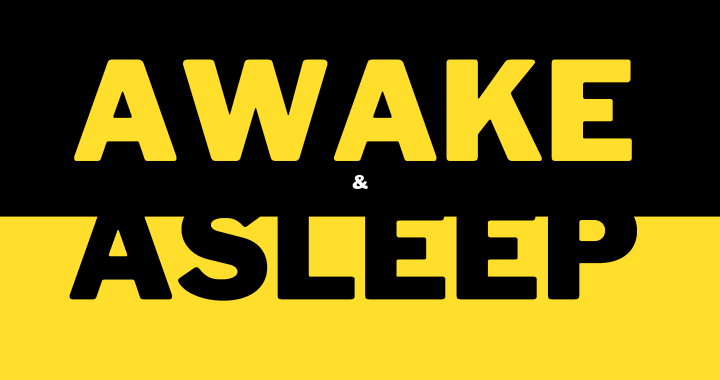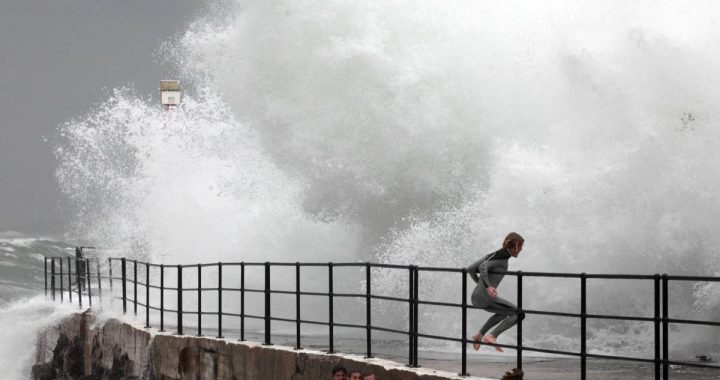We are back to cropping ideas for plot. Today’s, claims Mr Bell, works like this: Develop a dynamic character, and see where it leads.
I think Cortázar claimed this method. He was always interested in the people populating his stories. The story could be about anything, so long as the characters acted in interesting ways, reacted in interesting ways. We’ll always get a great sequence of events from fascinating people, no matter where they are or what they encounter.
It is a character-first approach to writing plot. Not bad! With how difficult writing is, any method is a good one. We should try them all.
Mr Bell does give some tips on how to come up with a dynamic character. You could close your eyes and record the first person that comes to mind, writing down details and asking questions like “What patterns of behavior are here?” You could also re-create people from real life. Not copy-paste, but rather switch some fundamental features about them. If they are a boy, make them a girl. If they are skinny, make them fat. The local obituary is another source to glean characters from. Finally, once you have a gripping character, ask yourself: “What is the worst thing that could happen to them?” And there you have the start of a fabulous plot.
. . .
Teresa stepped out of the tattoo parlor, half her chest covered in bandage. The doctors had told her it was dangerous to have ink done, though not unheard of. She went ahead anyway, not sure how long she had to live.
It was the middle of a weekday in the middle of the week. 2nd Ave seemed busy as ever, so Teresa decided to walk north to her apartment, from St Marks, and lose herself to the traffic. Back in the the day, when she first moved to New York, everyone used to whistle at her. Now, Teresa walked just a little slower than usual, to catch some construction worker’s attention. But those five sweaty guy didn’t even see her, though they scanned the crowd, with one hand on a hammer the other in their pants. Who could love a bald bitch, she wondered, wiping her crusty nose with the moist shoulder sleeve of her sun dress.
Passing an ice cream shop, Teresa decided to drop in and get her favorite ice cream. Pecan. They didn’t have pecan, but vanilla bean, her second favorite. The young man behind the glass, with a few too many pimples on his temple, and an overbite, could not stop clattering his teeth as he plopped scopes of ice cream into a cone for Teresa. She looked at him, first with embarrassment, then with disgust.
“You never seen a cancer patient before?” she hissed at him.
The awkward ice cream boy just handed her the cone. “That’ll be 6 dollars.”
“But I ordered two scopes.” Teresa didn’t like hand outs, especially for being sick.
“9 dollars, please.” The worker seemed so pathetic, it was as if he were the one dying, thought Teresa. After slamming the cash on the counter, she threw herself out.
Her heart was beating hard. It crashed against the cotton bandage around her chest. Her new tattoo. The f-u to the world, to her parents, to her friends, to her pussy-footing doctors and shitty nurses who poked holes in her arm. Not even done with her ice cream, it was passing by a public hospital on 2nd Ave, that Teresa chucked her cone at the tall building, flung that vanilla cream high through the air. Her arm was too weak, however, so it didn’t even hit the window she had aimed for. Instead it landed in the parking lot. Sploshing somewhere there. There wasn’t even a sound, that’s how disappointing that was.
She walked off, north.
“Hey, baby, you fine as hell!”
Teresa turned around, feeling the hem of her dress perk up as she spun. She aimed her big, glossy, brown eyes in the direction of the cat call. Had it been her? No. A homeless man had been talking to the shorter, uglier, flat girl who sped by with her head down. Teresa could not contain her disappointment.
“Shut the hell up!”
The homelessman, covered in peanut butter and dog hair, flashed his teeth, as he put his hand on his belt. Teresa saw he had a blade, so she stepped away quickly. But looked over her shoulder, just to stick her tongue out at the man. Which confused him.
“Get home, take my meds, pass out. Get home, take my meds, pass out.” Teresa was talking to herself now. “Home, meds, pass out.” She had forgotten why she was headed home in the middle of the day, in the middle of a work week. Until she passed 14th street, then she remembered her empty existence, her shell of a life, the monotony and pointlessness of moving forward. Where had her life gone wrong? It wasn’t her fault. But breast cancer at 30 was so rare. Less than 1 percent chance. This wasn’t the break Teresa expected when she moved to New York. Including her 4 years of college, it had been 11 years. Over a decade in the city. She absolutely felt a part of it now, at least she felt like the part of New York that was always dying. Making way for the new.
She was already listening to pop music by girls ten years younger than her. Already watching movies with girls much more talented than her. Why did she waste her 20s selling dope and prescription pills, to her neighbors and friends, with her roommates or boyfriends. What a joke. It was over. Teresa was one of the few people on the planet who could say, “My life is over,” and no one try to give her words of advice. No one would cheer her up. Not least of all because she would hiss it away. But because dreaming of becoming an actress gets lame as some point. If you hadn’t made it by now, Teresa told herself, then it’ll never happen. Forget the two commercials she’s done. She had a few months left, worst case scenario. But at least she had her new tattoo. Still, her life was over.
What Teresa needed to hear was something hurtful, something painful. Like, “It is what it is.” Or “Better luck next time,” if reincarnation was real. Teresa hoped that it was. All this concrete on a dead rock on the east coast sickened Teresa. Her older brother back in Ohio, at least he had married. And from the drugs Teresa sent, he had made enough money after coming back from jail to buy a home. Her younger brother? In a mental institution, paid by the state. Where Teresa belonged. But she couldn’t just yet, until she got better. If she got better.
She got home. Her roommates were gone, except for their evil spirit, taking the form of dirty dishes, stacks of unorganized plates, empty oyster pails of left over Chinese food, crumbled white rice and broccoli sauce. Some opened bottles of cola. If there is ever any doubt as to what gave her cancer, it was this mess, the stress. Or the telecom antenna over her head, from their top floor walk up. Inside she made herself comfortable on the unmade bed. Got uncomfortable to light an incense. And just lay there for 30 minutes, 45 minutes, 2 hours, almost without thought.
When Teresa woke up from her nap, she had the sticky feeling of not knowing what day it was. Whether yesterday, today, or tomorrow, Teresa smiled as she got out of bed and stood in front of the mirror. It had been enough time for her to remove the bandage and see the art she had paid for. Her whole life, for years and years, her friends had gotten tattoos, but she had resisted. Now, with most of them not talking to her anymore, freed from any obligation, Teresa had requested on be done over her mastectomy.
The bandage made a noise, slowly tearing from the skin, picking up bits of scab and pieces of dry blood. There it was. A little red, a little inky, but beautiful. Her tattoo, her first tattoo, over her scarred and empty left side of her chest.
She should wash it with liquid soap, she remembered.




